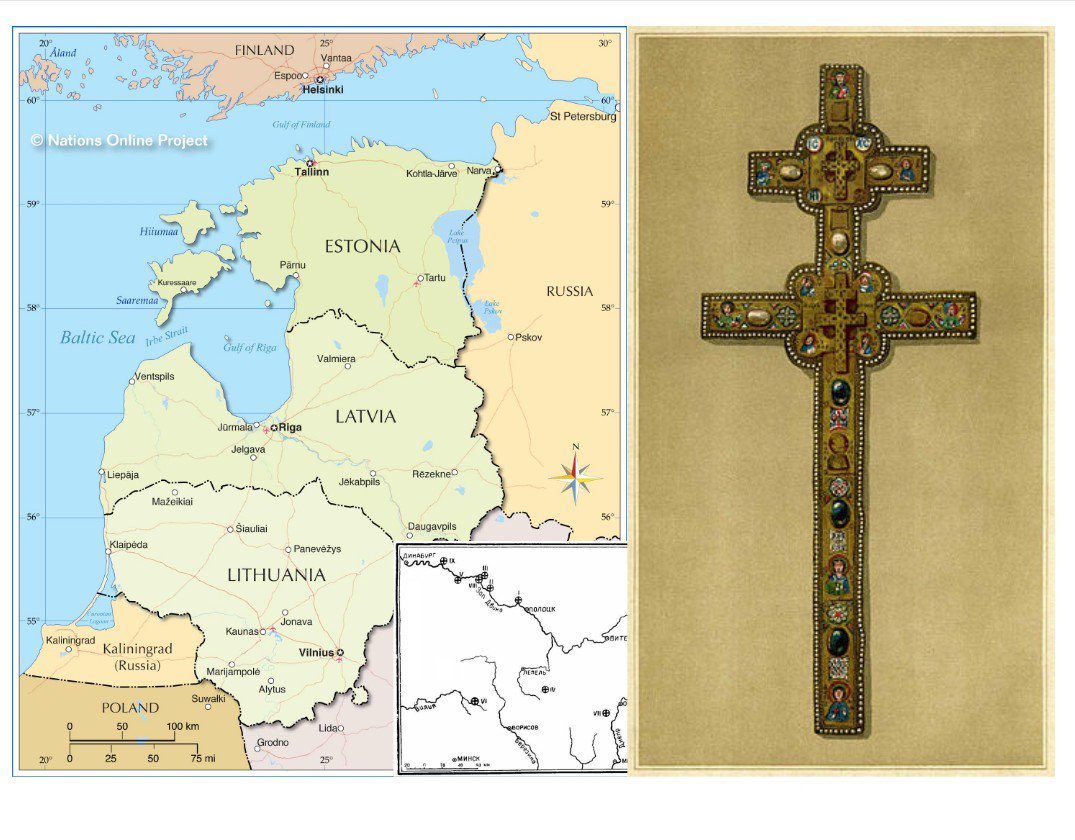I have been guilty of this myself... but a closer look shows just how precarious Japan's victories were. 1/
But the Chinese did not attack the Japanese army as it was crossing the river; they waited in their fortifications. 2/
This was not because of Chinese weakness per se. Instead, they were supplied with the wrong ammunition. Had they had exploding shells, the outcome may have been quite different. 5/
His troops were ill prepared and did not have the proper grades and range of ammunition for their siege guns. The Chinese should have had the advantage here as well. 7/
Had they not gone in Japan's favour, the history of East Asia would have been substantially different. 9/
It's a really interesting military history that's worth reading. END/






